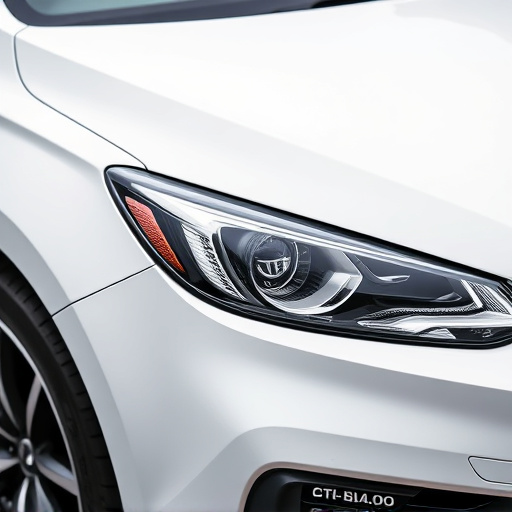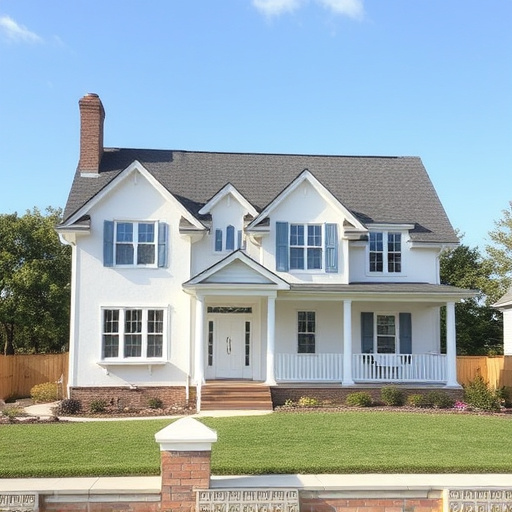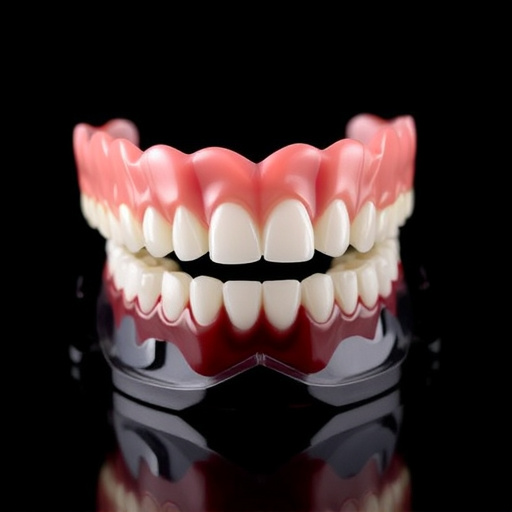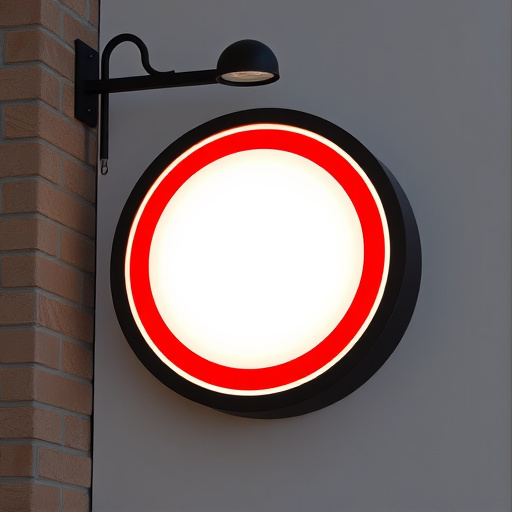Residential window tinting goes beyond aesthetics by offering energy efficiency, UV ray protection, and privacy. Choosing the right window film is key, with options like metalized, ceramic, or dynamic films for temperature regulation and UV blocking. Installation involves meticulous cleaning, measuring, cutting, and application for even coverage, acting as insulators to reduce heat transfer and lower AC costs. Also popular for car customization, providing protection and fuel efficiency benefits.
Keep your home cooler, reduce energy bills, and enhance privacy with residential window tinting. This cost-effective solution offers a range of benefits beyond just blocking UV rays. By selecting the right residential window film, you can optimize heat rejection, minimize interior fading, and even improve visibility. Discover how the installation process works, explore energy savings potential, and learn which films are best suited for your needs.
- Understanding the Benefits of Window Tinting
- Choosing the Right Residential Window Film
- Installation Process and Energy Savings Potential
Understanding the Benefits of Window Tinting

Residential window tinting offers a multitude of benefits that go beyond simply enhancing aesthetics. By controlling the amount of sunlight and heat that enters your home, it acts as an effective insulator, significantly reducing energy costs associated with cooling. This is particularly advantageous in regions with hot climates, where the need for air conditioning can be substantial. Not only does it make your home more comfortable, but it also prolongs the life of your furniture and flooring by protecting them from direct sunlight exposure.
Furthermore, residential window tinting provides a level of privacy that traditional curtains or blinds cannot match. Many modern ceramic window tint films offer a clear, glossy finish that allows for unobstructed views while still blocking harmful UV rays. This not only contributes to the overall appeal of your home but also enhances security and gives you greater control over how much light enters your living spaces. Just as it does in automotive detailing, residential window tinting is a game-changer when it comes to protecting your interior from the elements outside, ensuring that your home remains a comfortable and inviting space year-round.
Choosing the Right Residential Window Film

When considering residential window tinting, selecting the appropriate window film is paramount to achieving your desired results. Not all films are created equal; each type offers distinct benefits and levels of protection. For instance, residential windows often require a different approach than automotive detailing or paint correction. While vehicle wraps demand high-end protection against scratches and chips, home windows primarily focus on temperature regulation and UV ray blocking.
The ideal window film for your residence should provide excellent heat rejection capabilities to keep interior spaces cooler, reduce fading of furniture and flooring from intense sunlight, and offer privacy without sacrificing natural light. Modern residential window tinting options include metalized, ceramic, and dynamic films, each with unique properties. Metalized films are known for their reflective qualities, while ceramic films boast advanced UV protection. Dynamic films, on the other hand, adapt to changing weather conditions, providing adjustable tint levels for optimal comfort throughout the year.
Installation Process and Energy Savings Potential

The installation process of residential window tinting is both precise and efficient. Professionals carefully apply a thin layer of tinted film to your windows, ensuring even coverage for maximum effectiveness. This involves cleaning the windows thoroughly, measuring each pane precisely, cutting the tint film accordingly, and then meticulously applying it, often with air bubbles removed for clarity. Once installed, these films act as an insulator, significantly reducing heat transfer through your windows.
The energy savings potential of residential window tinting is substantial. By blocking a significant portion of solar radiation, these tints lower the interior temperature of your home during hot summer months. This can lead to reduced reliance on air conditioning, resulting in considerable savings on energy bills. Moreover, for those interested in car customization or custom vehicle wraps, similar tinted films are available, offering not just aesthetic benefits but also protection from UV rays and improved fuel efficiency—similar to the advantages seen in paint correction processes.
Residential window tinting isn’t just about style; it’s a strategic investment in your home’s comfort and energy efficiency. By choosing the right residential window film, you can significantly reduce heat gain, minimize UV damage to furnishings, and enjoy lower cooling costs throughout the year. The installation process is quick and professional, making it an easily accessible solution for any homeowner looking to optimize their living space. Embrace the benefits of residential window tinting and experience a cooler, more comfortable home with enhanced protection against the elements.














